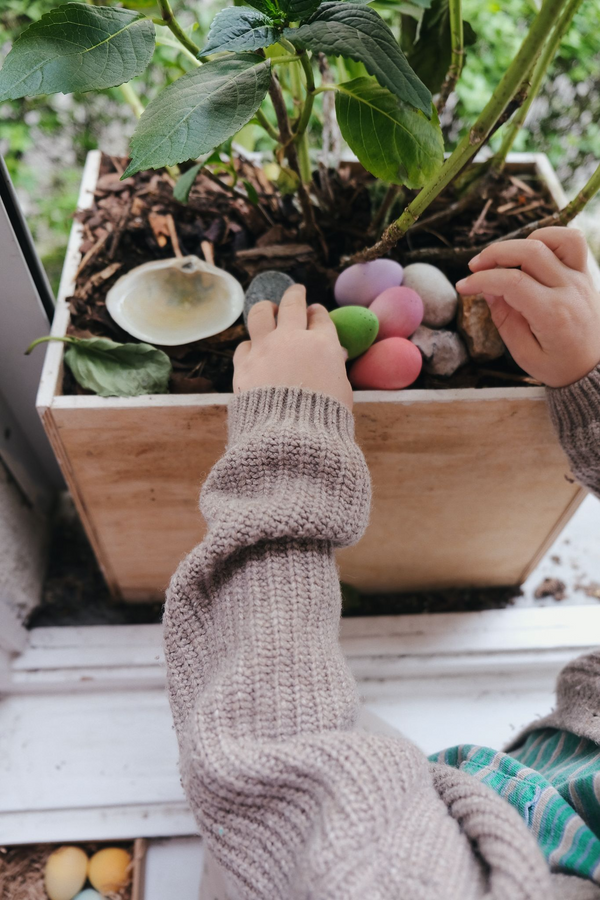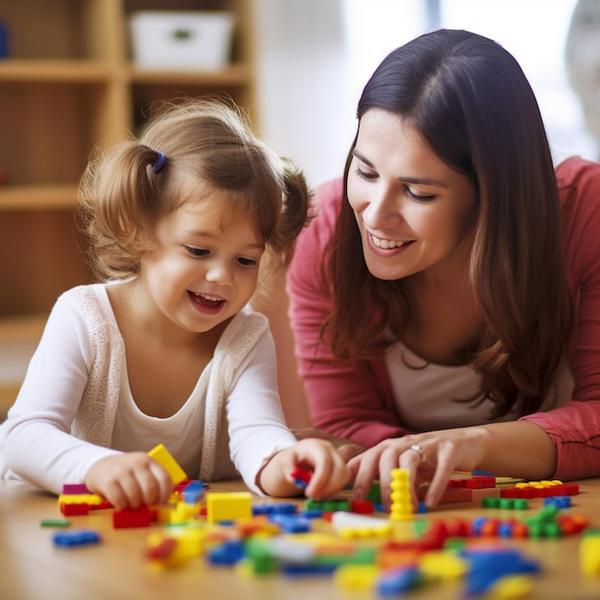Preventing Hot Car Deaths
Erin Burt

The morning after my first on-call, my husband woke to the sounds of someone knocking on our door. Our neighbor found our son outside at 6 AM calling out, looking for mommy. The doors were locked and my son knew I wasn’t home, but in the wee morning hours he forgot. Our story ended easily and innocently enough. Accidents happen.
When we first started accruing baby gear en mass, my husband and I began the light-hearted joke of pointing out all the warning signs. It seemed every piece of baby gear, from blanket to clothing to bed to stroller, all warned of ways our baby could die. The unfortunate underpinning to those warnings is, sadly, a baby was needlessly harmed before that label existed (and maybe even after).
I think most of us, if we’re really honest, have those stories we don’t share with many or any people. They fall under the category of “I was in a hurry” or “I usually NEVER forget to…” We’re busy mamas, dads, grandparents, and friends. When children are in our care there is a lot more at stake. It can turn into a fatal distraction. The linked article is worth your time. In 2013, there were 43 fatal stories of child deaths in cars with 43 awful stories and 43 heart-wrenching outcomes. And they weren’t bad parents. They were parents who just thought it could never happen to them.
I’m a hospital chaplain. I am called when people are interested in prayer or just need someone to talk to. I am called for joyous moments and life-changing diagnoses. I am also called when awful, heart-numbing things happen. Believe me, they happen. We often think we’re above that. We often cope with the awful stories by doling out judgements at those “other” people who are negligent. Of course, this type of incident is rare. Therein lies the danger—in the common place thinking that “I would never…” Please consider the following to ensure accidents are less likely to happen in your midst:
- Don’t think “I would never.” We are busy, busy, busy these days! According to molecular physiologist and expert on memory David Diamond, “Our conscious mind prioritizes things by importance, but on a cellular level, our memory does not. If you’re capable of forgetting your cellphone, you are potentially capable of forgetting your child.” Accidents do not know any socio-economic background, race, gender, or parenting style. And, this has happened long before cell phones.
- Set up reminders. Some people take off a shoe. Others leave their purse, wallet, or phone in the backseat, though these are also easy to forget. Some place an object, like a stuffed animal in the car seat when empty. When they place the child in the car seat, they place the stuffed animal in the front seat with their belongings.
- Think fast. As in, recognize that heatstroke in a vehicle can take mere minutes. Never leave your child in a vehicle for any amount of time unattended, especially in warm weather.
- Don’t underestimate “warm.” It needn’t be 90 degrees outside for heatstroke to happen. In the story of Lyn Balfour’s child, the temperature outside was in the 60s.
- Look. Always check the backseat of your vehicle when you leave your automobile. Making this habit, whether kids are with you or not, is a great way to ensure the habit when your mind is distracted.
- Be nosy. If you see a child in someone else’s car, call 911 and follow their guidance. But don’t call the news station.
- Lock. Always lock your doors when you leave your vehicle—even at home–so kiddos can’t get back in without you. Hang your keys high up at home. Don’t leave them on countertops or within reach of children.
- Have backups in place. Set an alarm on your phone for when you typically arrive at work or home. If you always drop your child off at childcare have them give you a call to check-in if your child does not arrive.
Children don’t die in hot cars because their parents don’t love them. Saying it won’t ever happen to you doesn’t safeguard your children. Know your limits. If you are emotionally stressed, distracted, had a change in routine, or you are taking a different vehicle than normal, be aware that these situations are when hot car deaths happen. Try to slow down and focus on one thing at a time until you get everyone to their destination safely.
Lynette Moran shares her life with her husband and two sons, ages 1 and 3 years. She has cloth diapered both since birth and enjoys all things eco-friendly and mindful living.







